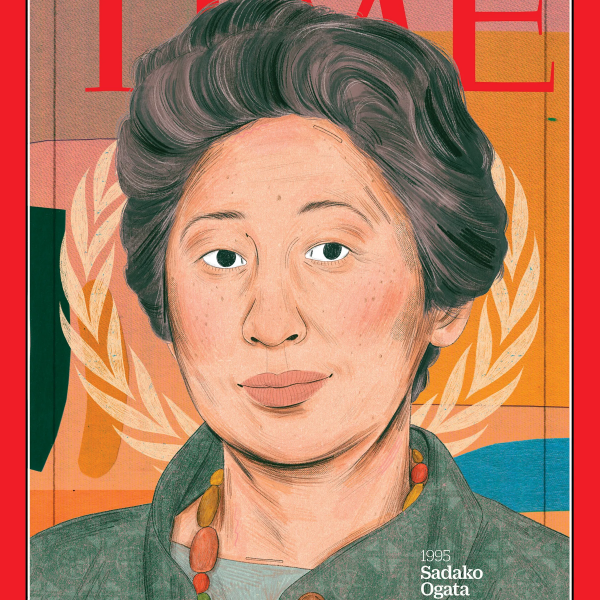I had never heard of Josh White, and after studying his body of work, I am almost embarrassed to admit this fact. I am amazed by his guitar playing abilities and thoughtful lyrics. After listening to several of his songs, I selected “Defense Factory Blues” to analyze and connect to the New Negro Renaissance.
What instantly struck me about this song was its frank content. This song was recorded in 1941, and I would think a black person making music that pointed the finger at a racist white America would be extremely dangerous at this time. Mr. White is not subtle by any means. In the second verse the singer laments “My father died, died fighting ‘cross the sea. Mama said his dying never helped her or me.” In class we discussed how the war highlighted the everyday struggles of blacks that were supposed to be ready to die abroad, and regress back to second class citizens at home. I chose this song in particular because I admire how White addressed this issue openly. I read how he met with President Roosevelt and let him know segregation and the subhuman treatment of blacks should not take a backseat to the war effort. Again, when I take into consideration the time period Josh White was living in and protesting against, I am in awe.
I also find it ironic (which I suppose was his intent), that a black boy couldn’t get a job at a defense factory. It is almost comical that the “boss man” or manager of the factory would turn away help in a time of war just because that help was coming in the form of darker hands. The manager is willing to gamble with the national defense of the country because his racism is rooted that deeply. He does not see a fellow American in a time of need, but instead a Negro boy that could never be of any real use.
Finally, the last two stanzas sum up White’s point in a simple, yet succinct manner. It seems very plain on the surface, but he is saying so much in those lines. He stresses how he can’t find liberty in the “land of the free, home of the brave.” He specifically asks for “some democracy to defend.” I pondered this and realized this song did not have to be about a defense factory. The narrator could have looked for work anywhere (an office, a meat factory, a school), but White picked a defense factory just to emphasize the juxtaposition of a simultaneous occurrence of freedom and war. The Negro man in the song wants to aid with the war abroad - instead he is rejected by the war at home. He wants to help his country secure democracy in the world and be free - a freedom he has yet to attain in his own backyard.
I tip my hat to Josh White for creating a song that is so simple and complex at the same time. I feel this song captures the gritty situations blacks encountered regularly, and I applaud Mr. White for singing of everyday people.
-- LaDonna Mays
“Defense Factory Blues”
by Josh White
Went to the Defense factory
Trying to find some work to do,
Had the nerve to tell me, 'Black boy,
Nothing here for you.
My father died,
Died fighting 'cross the sea.
Mama said his dying
Never helped her or me.
I'll tell you brother
Well, it sure don't make no sense
When a Negro can't work
In the national defense.
I'll tell you one thing
That boss man ain't my friend.
If he was he'd give me
Some democracy to defend.
In the land of the free
Called the home, home of the brave,
All I want is liberty,
That is what I crave.



